This page is for architects, interior designers, and building designers. It explains how you can become an HTA Technology Partner at no cost and why this designation benefits you and your clients.
Technology, which started as a novelty, has now become a regular part of life; it occupies every moment of our day. It's transformed hand drawing and sketching into computer-generated drawings and renderings for architects and designers. It has forever changed clients' expectations of industry professionals to include technology in their projects. Lighting, motorized shading, security, Wi-Fi, A/V, smart home controls—no matter how simple a project’s design or budget is or how ‘low-tech’ the client may be, the only question is how much technology is needed.
Often, clients expect the design professional to be up-to-date and know everything about technology, but it seems to change daily and can be intimidating for professionals who want to focus more on their design skills. Being a partner with the HTA gives confidence technology can be seamlessly incorporated into your projects and makes you look good. To help with this, the HTA provides architects and designers with the following tools:
-
 a one-page ‘Project Technology Assessment’ form (download the fillable PDF here)
a one-page ‘Project Technology Assessment’ form (download the fillable PDF here) - a technology integrator finder tool (click here to find vetted integrators)
- a brand-agnostic technology budgeting tool (click here)
- a multi-category products and services Resource Guide (click here)
- the HTA Technology Partner designation to distinguish your firm (opt in below)
The Project Technology Assessment form is designed to be shared with your clients early, during the schematic design phase. It demonstrates to your clients that you proactively plan for their tech needs while ensuring that the technology systems are aesthetically designed into the home’s structure and interiors.
Once the form is shared with a qualified technology integrator*, they can supply invaluable space planning information and provide technology design drawings** for project coordination to prevent costly change orders and delays that inevitably happen when the technology conversation happens too late. As Frank Lloyd Wright famously said, "You can use an eraser on the drafting table or a sledge hammer on the construction site". Well said.
To enhance technology offerings as a service, architects and designers can obtain a designation as an HTA Technology Partner with simple guidelines:
1 – Early Engagement
Involve a qualified integrator as a technology consultant when you engage your other consultants such as MEP, structural engineer, electrical engineer, lighting designer, etc. This ideally happens at the schematic design phase.
2 – Client Meetings
For technology integrators to make appropriate recommendations, it is vital that they meet with the clients directly and not through an intermediary since decisions are highly personal to each client.
3 - Transparent Fees
If the integrator is paying fees to your firm, the client should be informed. See item #11 on this page to see how architects, interior designers, and building designers may be compensated for bringing a technology integrator to your project.
If you agree with these guidelines, click the button below to opt in. You will then be given the official HTA Technology Partner logo, which can be linked to this page to show prospective clients that you are proactive with the tech needs of your projects.
Click Here to Opt-In
* The HTA’s integrator finder tool will help you find vetted integrators that meet the stringent standard of excellence defined here. These best-in-class integrators are designated as HTA Certified integrators. Additionally, HTA Certifed integrators that have the 'HTA Design Partner' designation agree to abide by a code of conduct that makes them ideal technology partners for architects and designers. Learn how the HTA Designer Partner code of conduct serves you and your clients here.
** These design drawings can specify speaker locations, TV locations, the wiring head-end, equipment locations, lighting & shading wiring panels, wall controls (keypads, touchscreens, etc.), surveillance / doorbell cameras, access controls, motorized shading locations, lighting fixture locations, Wi-Fi heat maps, include framing requirements, shade pocket requirements, and more. You can be consulted on the visually impactful technology items for your input to minimize visual disruption.
Yes, my company would like to have the 'HTA Technology Partner' designation









